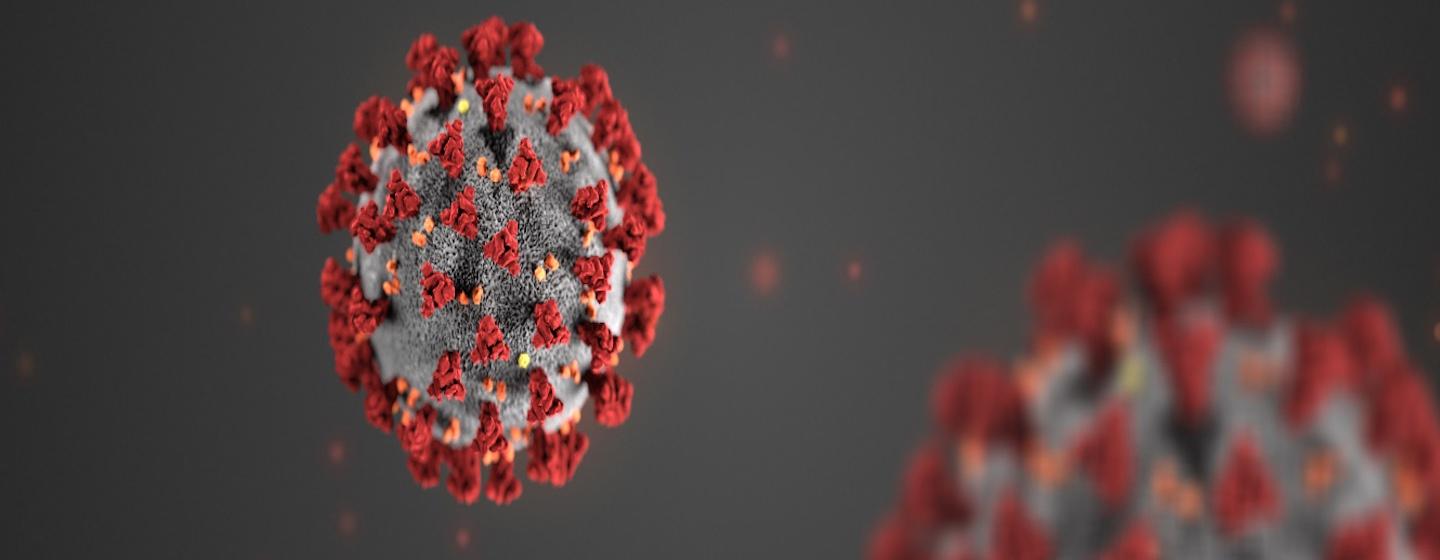North Carolina Labs Searching for Omicron


For a pandemic weary state and world, word that a new COVID-19 variant had been discovered was news that nobody wanted to hear. The World Health Organization designated the B.1.1.529, or omicron variant as a “variant of concern”.
And as they have throughout the COVID-19 pandemic, researchers at UNC and Duke are scrambling to spot patients with the omicron variant as well as find ways to stop it.
Omicron was first spotted in South Africa, but that doesn’t mean it originated there.
“Viruses evolve under pressure,” said Dr. David Wohl, a professor of Medicine in Infectious Diseases at the University of North Carolina at Chapel Hill School of Medicine and Director of the Monoclonal Antibody Treatment Center for UNC Health.
The working theory for omicron’s emergence is that the variant evolved in someone who was not vaccinated and probably had a compromised immune system.
“The pressure exerted on this variant was likely somebody’s immune system,” Wohl added. “Somebody’s antibodies were fighting against this variant or its predecessor and this evolved to get around that immunity.”
What’s concerning scientists and public health officials is how many mutations the omicron variant has and where in the virus those mutations are found.
“The omicron variant has about 40 mutations in that spike protein,” said Dr Melissa Miller, professor of pathology and laboratory medicine at the University of North Carolina at Chapel Hill School of Medicine. Miller is also the director of the Clinical Microbiology and Molecular Microbiology Laboratories for UNC Medical Center.
“Antibodies from coronavirus vaccines attack what’s called the “spike protein” to keep people from getting sick,” adds Miller. “Many of the mutations are on the surface which could mean the current vaccines might be less effective.”
Labs at UNC, Duke, and elsewhere around the state are checking every positive COVID test looking for the omicron variant.
Scientists say it’s not surprising that another COVID-19 variant has been found. That’s what viruses do; they mutate to survive. And there are tens of millions of people around the world who have not been vaccinated, which provides the virus with plenty of opportunity to mutate.
“What worries me is that the large number of mutations can make this variant more transmissible and we’ve already seen at least three cycles of this virus,” said Dr. David Montefiori, professor and director of the Laboratory for AIDS Vaccine Research and Development at Duke University Medical Center. “The question is not whether the vaccine will mutate but how effective our vaccines will be against it. I know vaccine makers are already looking at how they can modify their vaccines.”
Scientists say it’s inevitable the omicron variant will be found in North Carolina. Which means the best action all of us can take is to be careful.
“All of the same precautions that we have taken throughout the pandemic are just as important as ever,” said Dr. Paul Cook, professor and chief of Infectious Diseases at East Carolina University Brody School of Medicine. “Folks need to be diligent about wearing masks, getting vaccinated, washing hands and social distancing. Vaccination will decrease your chances of getting COVID-19, lessen the severity of your illness if you do get it, and decrease the chances of more variants emerging.”
“We’ve learned from these past two years that even though the vaccines were developed to fight an original strain of COVID-19 that is no longer around, high levels of antibodies against that original strain offered protection against delta,” Wohl said. “So the more antibodies the better and those high levels could still offer protection against omicron.”